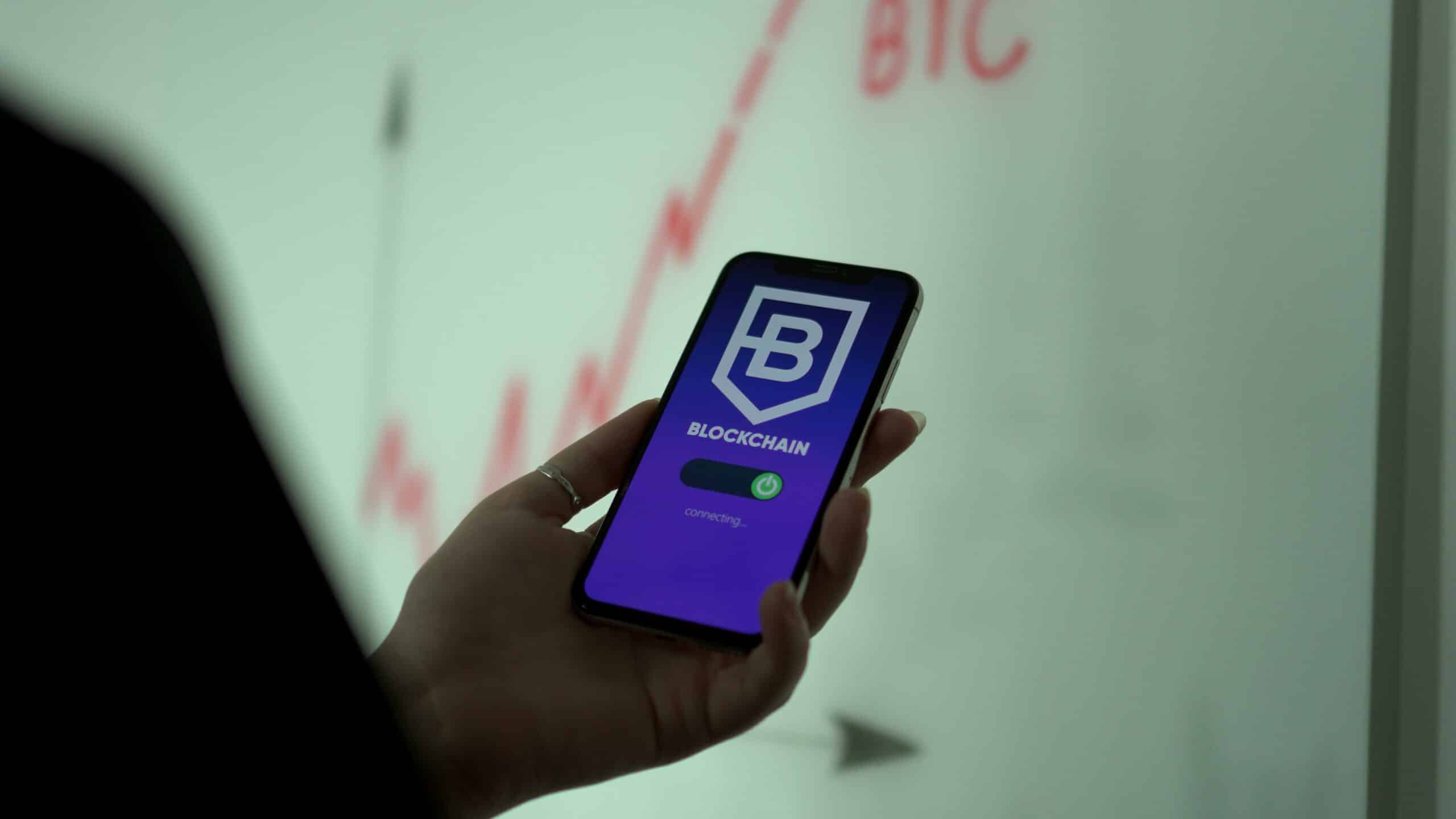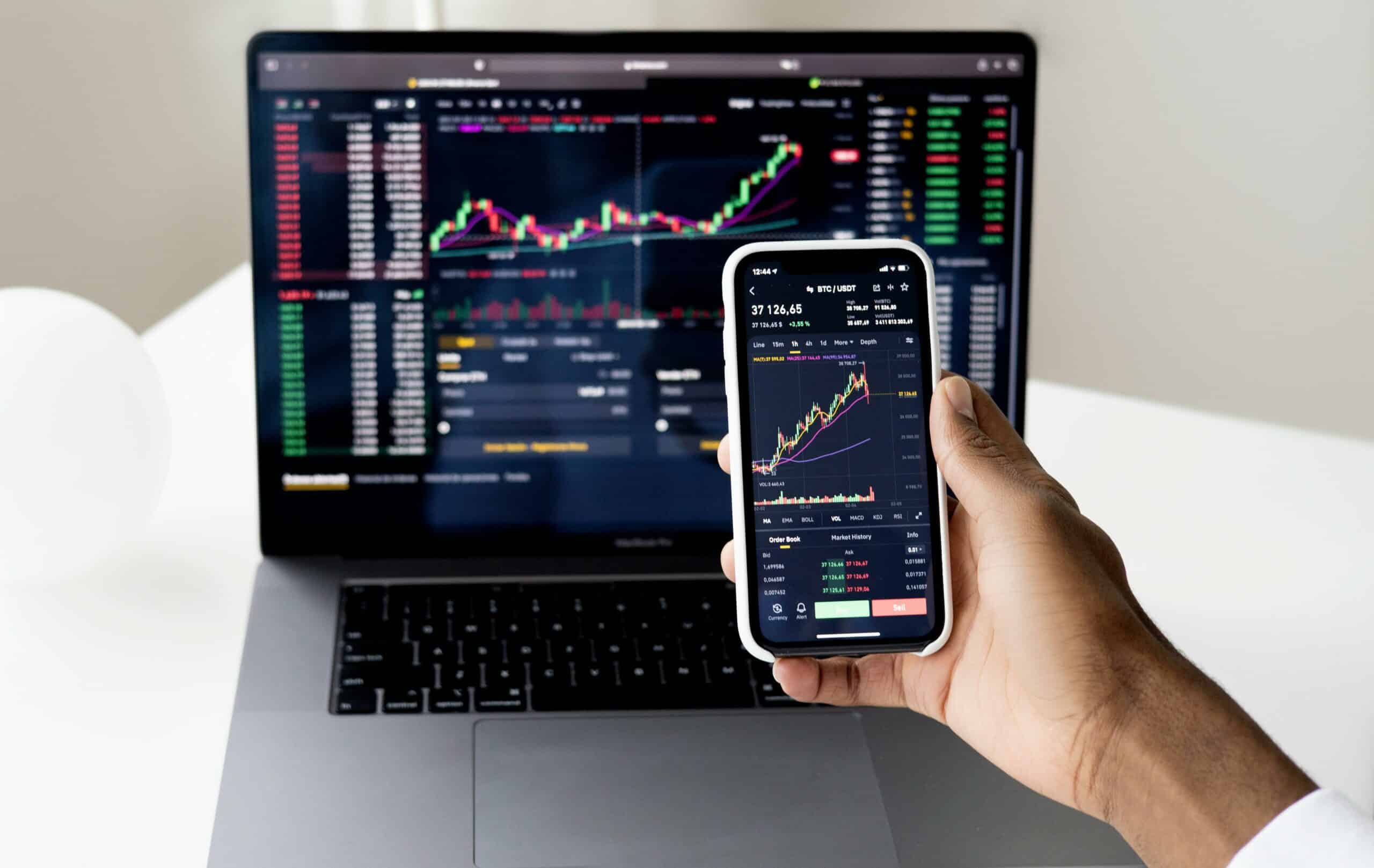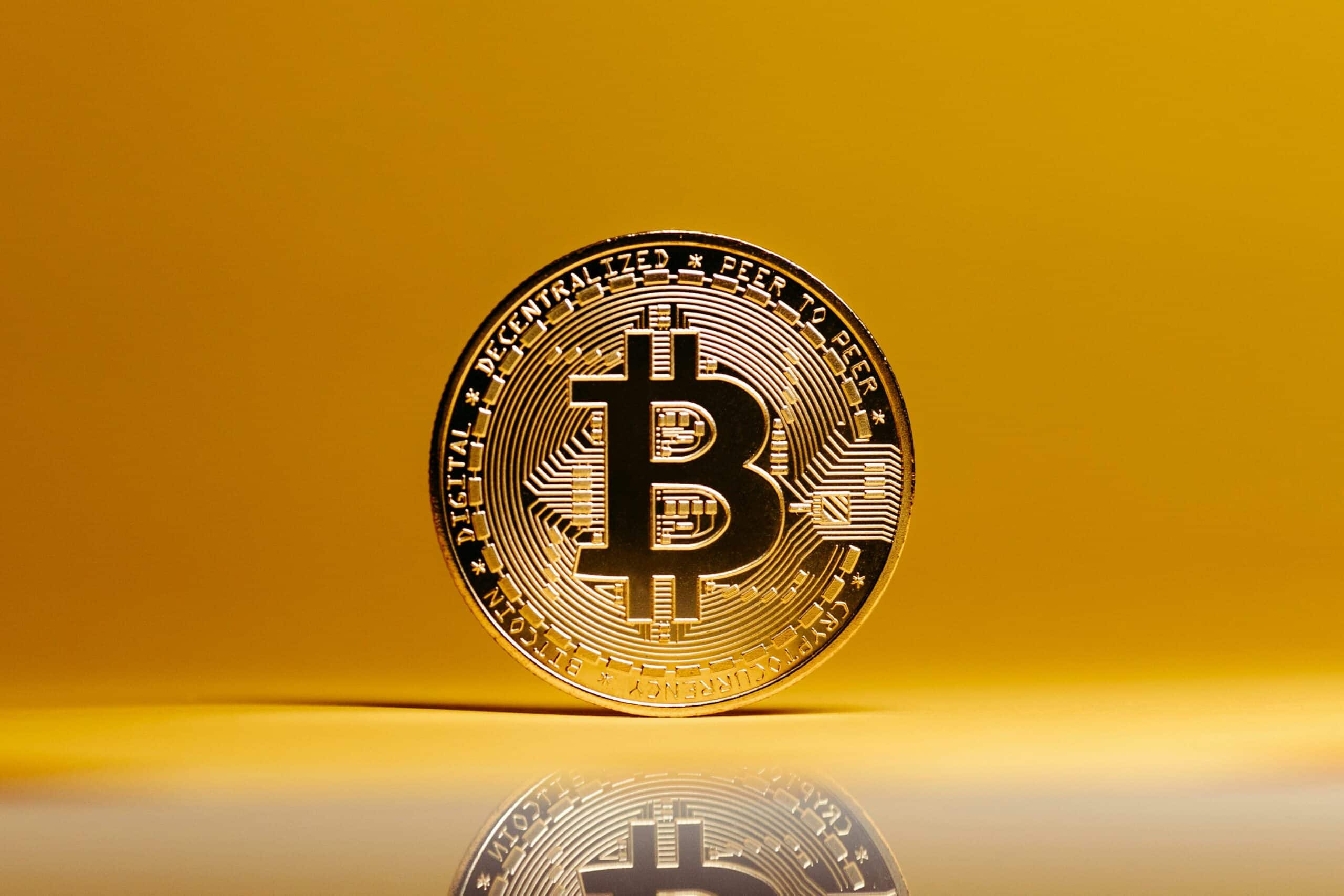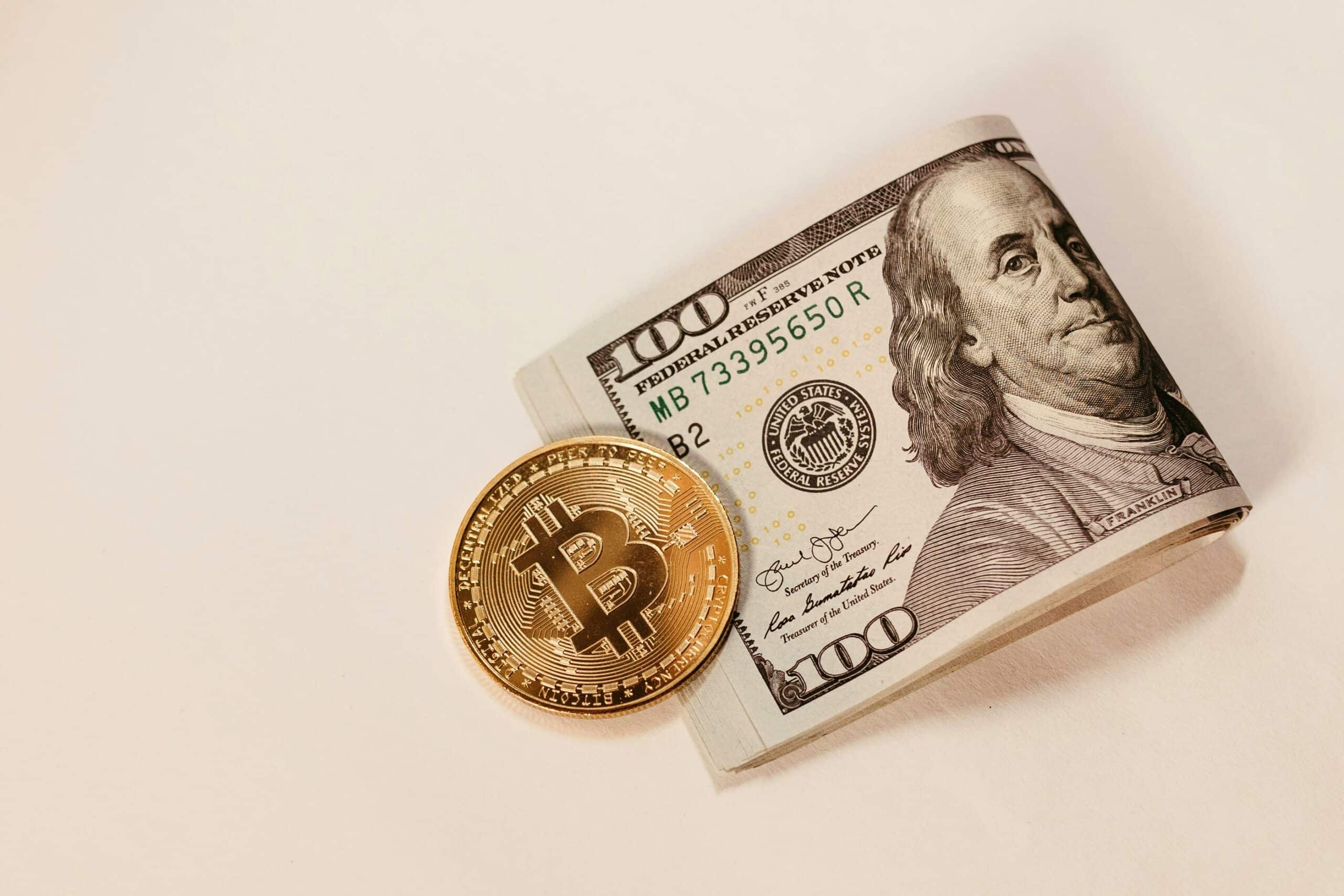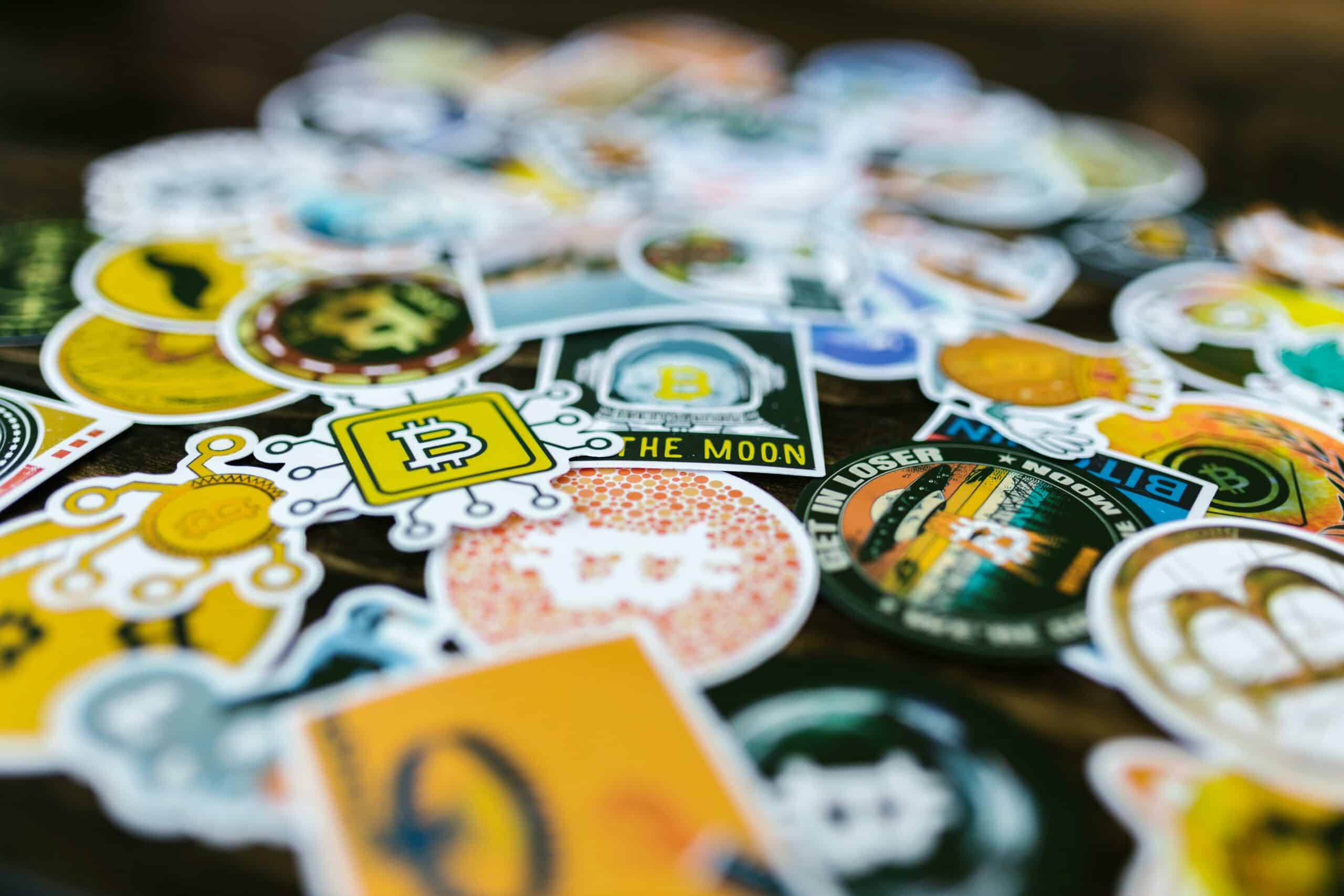It’s an uncomfortable but very real fact: if you use cryptocurrency, there is always a risk of getting hacked. In fact, there is a growing number of crypto attacks by threat actors looking to exploit weaknesses in wallets and exchanges. Since 2012, a staggering $2.72 billion has been stolen from crypto exchanges. However, this should not dissuade you from using cryptocurrency. With the right security measures and protocols in place, you can reduce your risk from the threat of hacking to almost nil. While there’s no guaranteed way to completely avoid getting hacked, you can learn how to use this new, revolutionary form of digital money safely and securely.
To avoid becoming the victim of a crypto hack, it’s important to first understand how the different types of crypto wallets work.
Table of Contents
How do crypto wallets work?
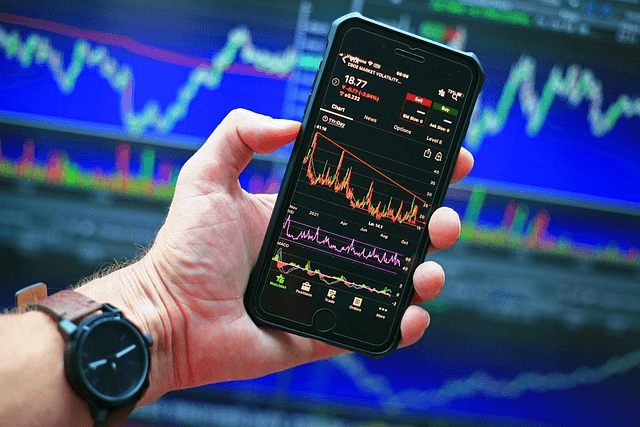
Cryptocurrency wallets offer a secure way to store digital assets. When using a crypto wallet, users can receive, store, and send different types of cryptocurrencies. In general, cryptocurrency wallets can be classified as either “hot” or “cold” depending on their connection to the internet. Hot wallets are connected to the internet and are generally considered less secure than cold wallets, which are not connected to the internet. Let’s look at some of the different features of hot and cold crypto wallets.
Hot crypto wallets
These are software wallets typically installed as applications on your computer or mobile device. Some of the most popular software wallets include Coinbase, Exodus, and Electrum.
Cold crypto wallets
A cold wallet is a physical device that allows you to store your cryptocurrencies offline. Examples of cold wallets include hardware wallets like the Ledger Nano X and paper wallets. Cold storage of cryptocurrency is usually recommended for long-term storage of significant amounts of digital assets.
Which crypto wallet type is most susceptible to hacking?
Hot wallets are the least secure wallets. Because they are connected to the internet and store both cryptocurrency and private keys, software wallets are a prime target for malicious actors looking to steal digital assets. Users who choose hot wallets should be sure to take extra security precautions, such as using two-factor authentication and frequently backing up data, in order to protect their funds from nefarious cybercriminals.
How do hot wallets get hacked?
There are a number of different ways that hot wallets can be hacked. One common attack vector is phishing scams, where malicious actors send emails disguised as legitimate cryptocurrency companies in order to steal personal information. Hackers can also gain access to hot wallets through malware, which is malicious software designed to steal cryptocurrency and private keys from users. Finally, it is possible for hackers to infiltrate the private keys stored in hot wallets by exploiting weaknesses in a wallet’s security system.
What to do if your crypto wallet gets hacked?
Crypto wallet hacked? First and foremost, it is important to remain calm. The last thing you want to do is panic, as that could lead to further mistakes. Once you have taken a deep breath, the first thing you should do is immediately contact your crypto wallet provider and let them know the situation. They will be able to advise you on how to best handle the situation. Additionally, it is important to take steps to prevent any further loss of funds, such as changing passwords and revoking access keys. If you have any remaining funds in your crypto wallet, be sure to move them to a cold storage platform for safekeeping.
Once you have done that, it is essential to alert relevant authorities such as law enforcement, the IRS, and/or the SEC. While law enforcement has been notoriously slow in dealing with crypto crime in the past, all that is changing. To address the growing concern of financial and cyber crimes, Binance has pioneered a global law enforcement training program. This initiative is designed to equip law enforcement officers around the world with investigative skills necessary to detect such crimes resulting from threat actors exploiting digital assets. Since the expansion of its investigations team, the reach of Binance’s innovative program has grown exponentially, making it one of international law enforcement’s strongest allies in tackling financial and cybercrime.
What are some of the biggest crypto hacks?
FTX hack
Beleaguered cryptocurrency exchange FTX has now been confirmed as the victim of an authorized hack. In November of 2022, around $600 million worth of cryptocurrency was drained from its wallets in unauthorized transactions once the exchange had filed for Chapter 11 bankruptcy protection. Although the cause of this hack is still unknown, there appears to be evidence pointing toward an insider transferring funds to a Kraken wallet.
Bitfinex hack
The Bitfinex crypto exchange hack of 2016 saw nearly 120,000 bitcoin stolen from its users. According to the U.S. Department of Justice, a hacker was able to gain unauthorized access to Bitfinex’s systems and, in the space of approximately 2,000 transactions, was able to transfer crypto worth $72 million at the time. Following an intensive six-year investigation, federal law enforcement was able to seize a remarkable amount of Bitcoin (now worth in the billions). Two people have been arrested and are awaiting trial for attempting to launder the stolen funds.
Mt. Gox hack
At the beginning of 2014, Mt Gox was one of the world’s largest crypto exchanges. It handled over 70% of all bitcoin transactions worldwide, and many used it as a dependable source for crypto investments. Unfortunately, by the end of February of that same year, it had gone bankrupt due to a massive crypto exchange hack. This security breach resulted in a devastating financial loss for crypto users around the world; approximately 740,000 bitcoins (with a current value of $18 billion) were stolen from Mt. Gox. Thankfully, some of those stolen funds were later recovered, and plans are in place to compensate the victims of this hack.
Can cold wallets be hacked?
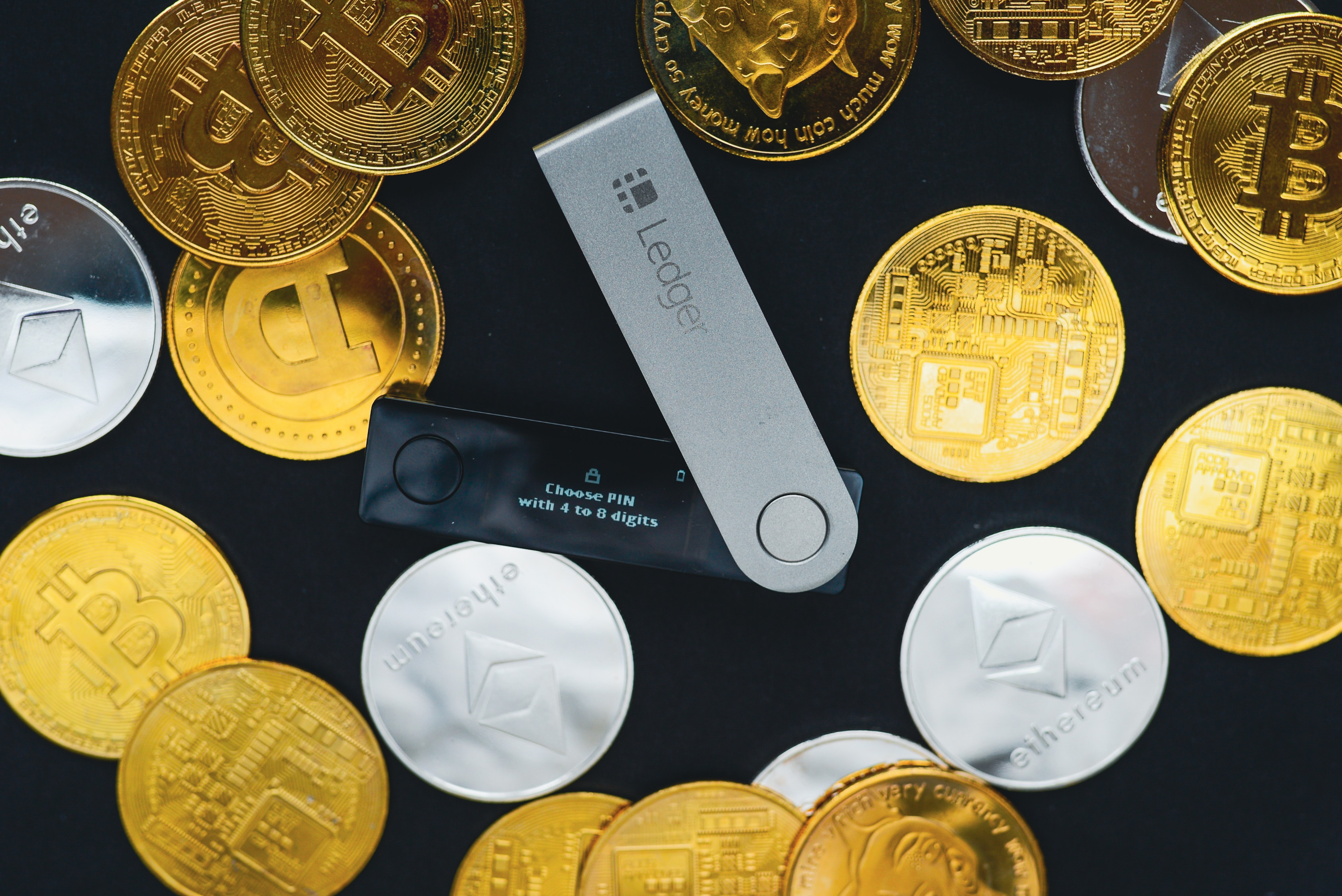
Hardware crypto wallets are designed to be the most secure wallets. Because they are not connected to the internet, many people believe that they are impervious to hacking. However, it is still possible for cold wallets to be hacked if proper security precautions are not taken.
Cybercriminals employ various methods, such as phishing and malware, to attack hardware wallets and steal users’ information. Latest-generation hardware wallets utilize advanced security measures to protect users from potential hacks. Two-factor authentication, encryption of private keys, biometric identification, tamper-proof enclosures, anti-tampering mechanisms, and recovery code/seed phrase storage are some of the features that can help safeguard users from malicious activity. While hardware wallets give users increased security and control of their funds, users must still be vigilant and practice good security habits to ensure their crypto assets are safe.
What are the best ways to practice crypto security?
To ensure your funds remain safe from malicious actors, it is important to practice good crypto security. Here are some tips for keeping your funds secure:
- Store your private keys offline in a secure location
- Use two-factor authentication (2FA) solution whenever possible
- Regularly monitor your wallets for any unusual activity
- Use a cold storage wallet for long-term storage
- Use a combination of wallets to better diversify your funds
- Do not share your private keys or seed phrases with anyone
- Regularly backup your wallet to a secure location
- Run regular security scans for any malicious software.
Prevent future hacks by following best practices for wallet security
One of the simplest and most effective ways to keep your crypto assets safe is by having a strong password for your software wallet and changing it periodically. Create different passwords for each wallet address and enable two-factor authentication for extra security. Additionally, keep your hot wallet up-to-date with any available software updates, as these often contain important fixes that can better protect your assets from potential cyber-attacks.
When it comes to hardware wallet security, investing in a high-quality device is key. Trezor’s hardware wallets are the most secure option for storing Bitcoin and other cryptocurrencies. The Trezor Model T wallet offers top-of-the-line security features, such as PIN protection, seed phrase backups, and two-factor authentication. Moreover, Trezor does not collect any personal data, so users can have full ownership over their cryptocurrency. All private keys are securely generated and stored offline, providing an extra layer of security and because Trezor isn’t a commercial wallet service, you can be sure that the control of your cryptocurrency stays with you.
Final thoughts
The Mt Gox hack and other similar events highlight the importance of crypto security. While crypto hackers can still find ways to exploit users, following best practices for wallet security can greatly reduce the chances of a successful crypto attack. Invest in a high-quality hardware wallet, keep your wallets and private keys secure, practice good security habits, and always remain vigilant. With these measures in place, you can be sure that your crypto assets are safe and secure.
It is clear that crypto will one day become a fully accepted and adopted form of currency, and that means all users must be diligent about their digital security. Take the necessary steps to ensure that your funds are secure now and you can enjoy the convenience, reliability, and privacy of cryptocurrency well into the future.





